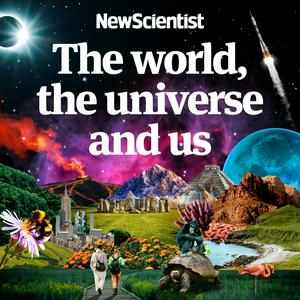Episode 345
More than 8,500 years ago, ancient people crossed the ocean to the remote island of Malta for the first time. Long before compasses or sails were invented, these prehistoric people navigated the seas on logs, using the stars to travel vast distances. Recent findings show we’ve long underestimated the voyaging capabilities of stone-age hunter-gatherers. We discuss the many examples of ancient travel - and what this all tells us about the ancient mind.
Could just one hour of brain training a day be enough to stave off dementia? For the first time, an intervention against dementia has been tested in a randomised control trial. Lasting an impressive 20 years, participants in the trial played a brain training game for just a few hours a week - and the results were remarkable.
The legendary space scientist Maggie Aderin joins the show to discuss her new book, Starchild: My Life Under the Night Sky. The Sky at Night presenter discusses her motivation for writing a memoir, how her love of astronomy came about, what it was like as the only Black woman in her university class, her time working on the James Webb telescope - and more.
Hosted by Rowan Hooper and Penny Sarchet, with guests Maggie Aderin, Michael Marshall and Alexandra Thompson.To read more about these stories, visit https://www.newscientist.com/
Learn more about your ad choices. Visit megaphone.fm/adchoices


